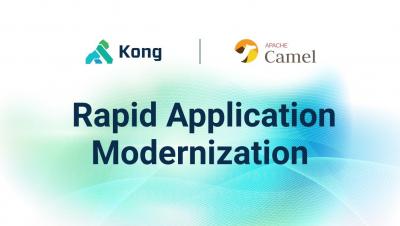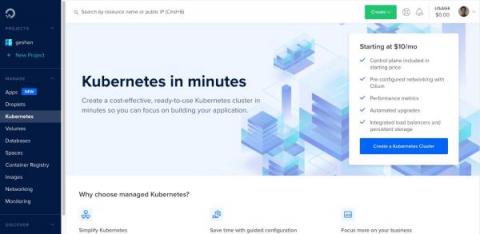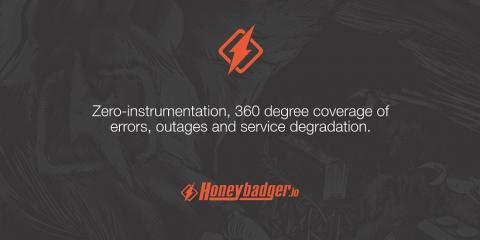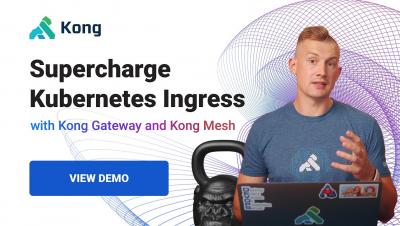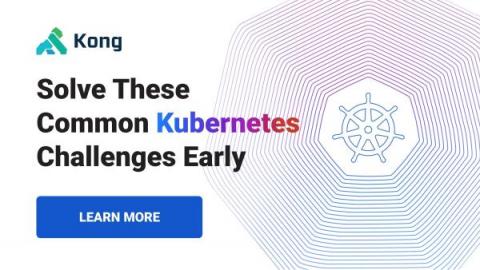Systems | Development | Analytics | API | Testing
Containers
Rapid Application Modernization With Kong Konnect and Apache Camel
Testing Kong containers with Testcontainers
Create your Private Data Warehousing Environment Using Azure Kubernetes Service
For Cloudera ensuring data security is critical because we have large customers in highly regulated industries like financial services and healthcare, where security is paramount. Also, for other industries like retail, telecom or public sector that deal with large amounts of customer data and operate multi-tenant environments, sometimes with end users who are outside of their company, securing all the data may be a very time intensive process.
Running Rails on a Kubernetes Cluster: Part 2
Kubernetes is a popular way to deploy web services and applications using containers. In this, the second of a two-part series, Geshan finishes his step-by-step tutorial for getting up and running with Rails and k8s.
Kong Ingress Controller and Knative | #KongBuilders - November 10th
Run Your Rails App On Kubernetes: A Step-by-Step Tutorial
Kubernetes has become very popular in recent years as a way to deploy applications using containers. In this article, Geshan shows us how to get a Rails app up and running inside a local K8s cluster.
k6 load testing on Kubernetes using the k6 Operator, with Hans Knecht (k6 Office Hours #34)
Supercharge Kubernetes Ingress with Kong
Solve These Common Kubernetes Challenges Early
Changing the technology an organization works with is a bit like taking up a new sport. Your initial excitement leads you to buy the most expensive equipment you can find, leaving you soon to realize that your new tools have created a steep learning curve. Transitioning out of monolithic applications to microservices is quite similar.



